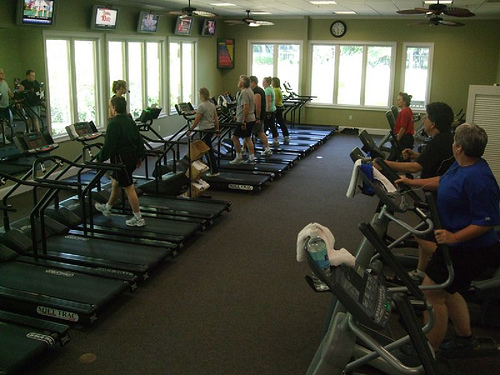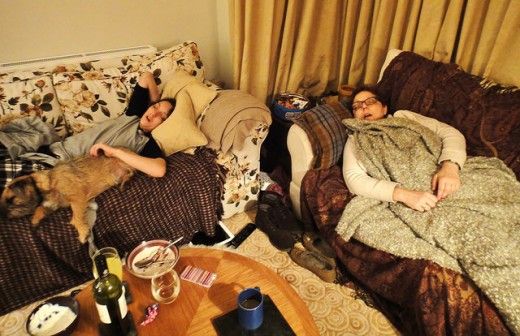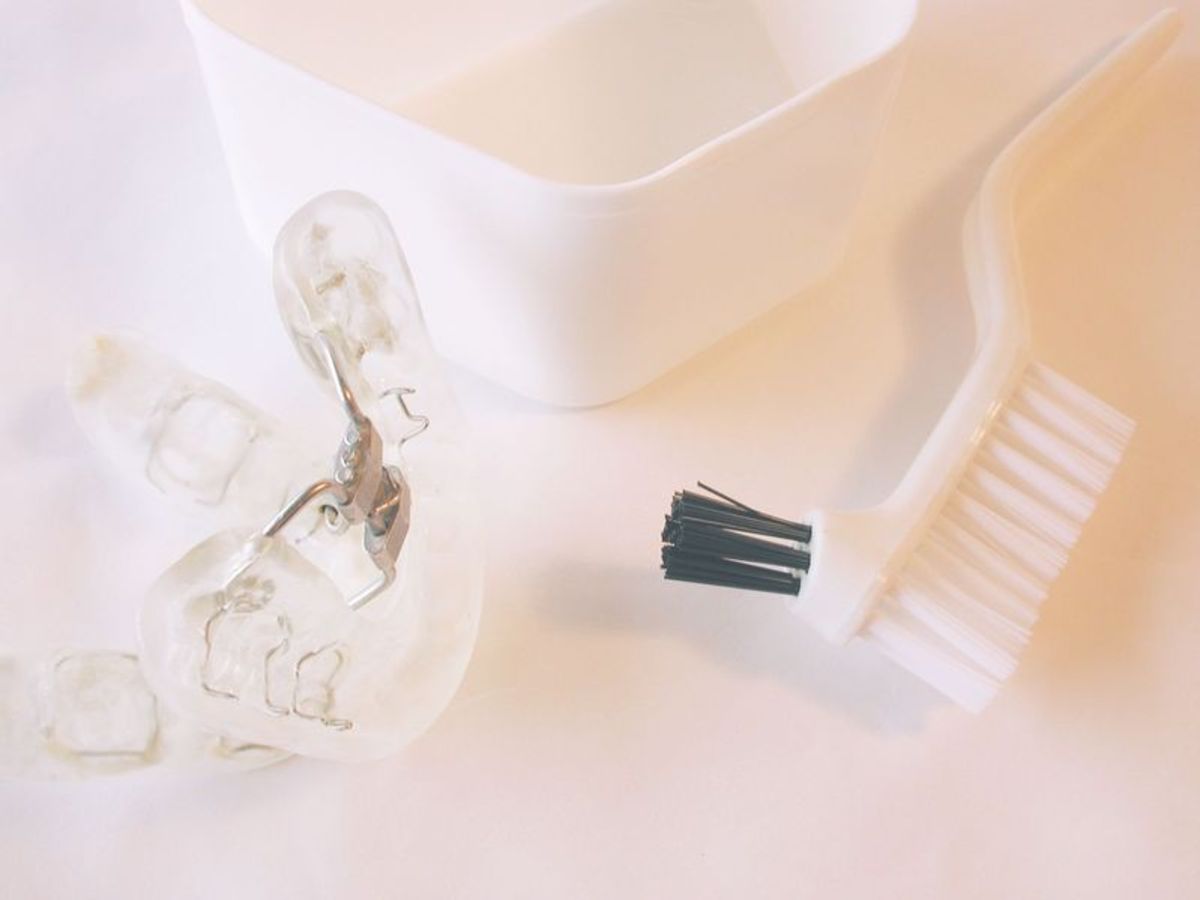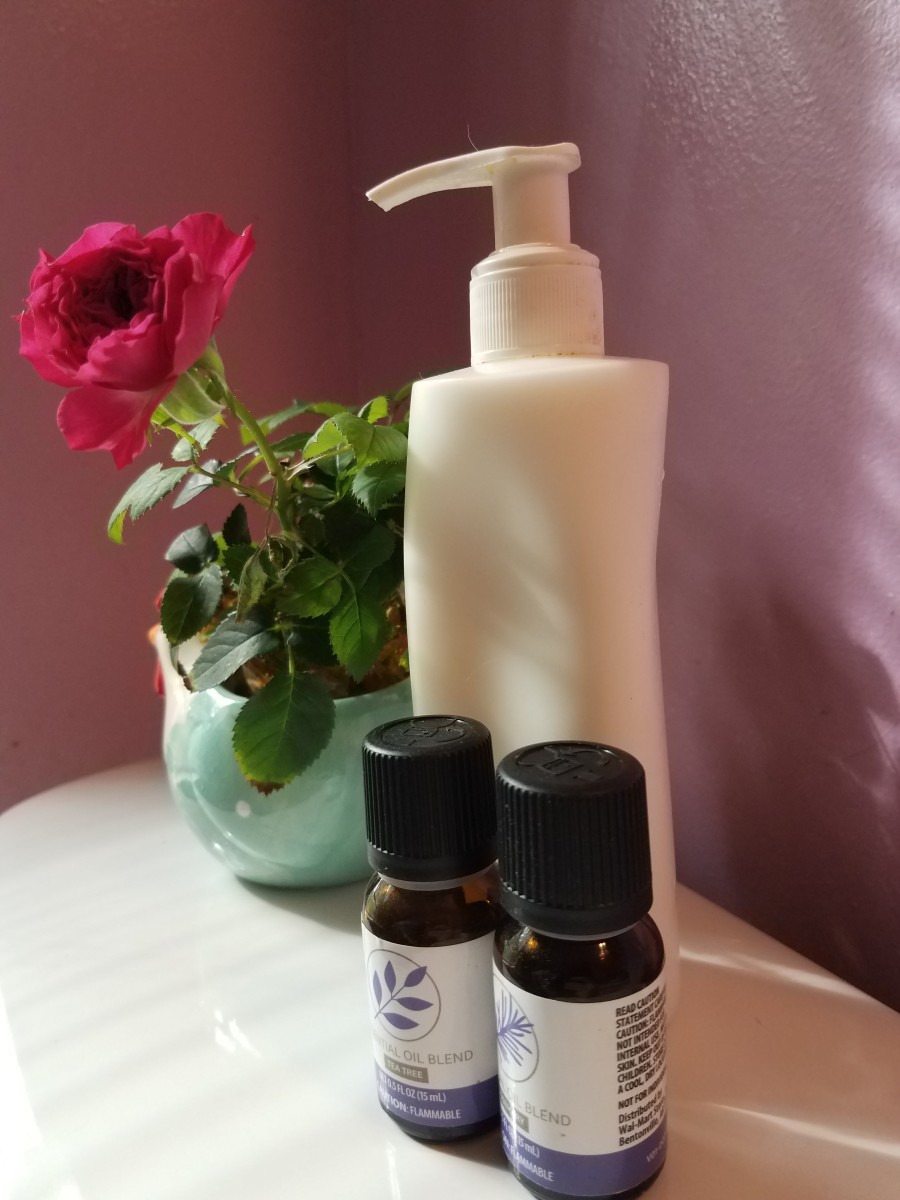7 Simple Tips to Stop Snoring Naturally

Overview
Snoring is a common problem during sleep. It is not something that needs immediate medical help, as almost everyone snores occasionally when in a deep sleep! But when an individual develops habitual snoring and makes a loud sound while asleep, this may lead to serious medical and social consequences.
Habitual snoring can cause real problems in a relationship and may even lead to a separation. Because a snorer often keeps the other partner from a good night's sleep, this may eventually result in sleeping in separate bedrooms. Fortunately, there are many treatment options -- natural, medical, and surgical -- are available in these days to help stop snoring.
If you're thinking of trying something different other than the conventional treatment, I believe natural remedies could be a better alternative for you.
Natural remedies that can help cope with your snoring include:
- Losing weight
- Avoiding alcohol
- Giving up smoking
- Changing sleep position
- Practicing throat and tongue exercise
- Didgeridoo playing
- Singing practice
- Using anti-snoring devices
Natural Remedies to Stop Snoring
Medical and surgical treatments have been considered as an effective treatment for severe snoring conditions. However, they are associated with some potential health risks and serious side effects, as well. On the other hand, natural or alternative remedies often come with fewer or no adverse effects. In addition, an impressive number of recent studies have reported positive results about these remedies.
Below are seven natural remedies that will surely help you to stop snoring:

1. Weight Loss
Most obese people often have extra tissues in their throats, which may contribute to snoring. People with a collar size bigger than 16.5 inches are more likely to snore a lot. [1]
However, it's not that only obese people are affected by snoring. Thin people snore too, but the severity of their conditions may vary slightly.
So if you have gained extra weight and started snoring after gaining those extra fats, weight loss may help.

2. Alcohol Avoidance
Alcohol narrows the nasal passage by relaxing the throat and tongue muscle, which eventually causes snoring by obstructing the normal airflow. A clinical study published in the British Medical Journal suggested that drinking alcohol before sleep could worsen the severity and frequency of snoring. The study also reported the volunteers who were occasional snorers became habitual because of bad drinking habit. [2] Stop drinking alcohol before going to bed.
3. Smoking Cessation
Habitual smoking can contribute to your snoring as well. Smoking causes constriction of the nasal passages and results louder snoring. Experts agree both past and present smoking is a major contributor to snoring, affecting up to 33% of men and 19% of women. Moreover, a study published in the European Respiratory Journal reported that cessation of smoking in volunteers reduced severity and frequency of snoring. [3]
4. Sleep Position Adjustment
Sleeping on your back can make the base of your tongue and soft palate collapse into the back of your throat, causing difficulty breathing. Try sleeping on your side rather than on your back. Lying on your side can be an effective solution to reduce snoring if you mostly snore while on your back. Establish a sleep routine with your partner, and raise the head of your bed around 4-6 inches.
5. Throat and Tongue Exercise
Weak muscles surrounding the throat and tongue have been identified as one of the contributing causes of snoring.
Throat and tongue exercises can be a stress-free and effective solution to snoring problems -- if you have weakness in muscles that surround the airway. Practicing these exercises for 30 minutes a day can reduce the severity and frequency of snoring by strengthening the throat and tongue muscles. Loudly pronouncing each vowel (a-e-i-o-u) sounds and repeatedly curling the tongue in several ways can reinforce the upper respiratory muscles and thereby reduce snoring. [4]
6. Didgeridoo Playing and Singing Practice
These two are by far the most well-appreciated alternative remedies to stop snoring. Evidences behind their effectiveness aren't lacking. A number of studies have demonstrated that singing exercises and didgeridoo playing regularly can help reduce snoring by strengthening the soft palate and throat muscle. [5]
7. Anti-Snoring Devices
There are a ton of anti-snoring devices available in the market that may help reduce the frequency of snoring. However, quality and performance of these products are questionable, because some of them work and some don't work at all.
Also, there is not enough scientific evidence to verify or confirm their effectiveness. Hence, finding the right device to stop snoring can be a daunting task, as most of these devices work just by keeping the snorer awake at night.
You could try a few anti-snoring products just to check whether they work or not. The chin strap has been a very popular product over the years. But it would be all trial and error. Anway, if you have already developed sleep apnea, this apparatus won't be that helpful.
Another product that could try is a snoring pillow. Bad sleeping posture often affects the quality of sleep and results in snoring. For this reason, it is suggested that a habitual snorer should sleep on his/her side, allowing the nasal passages remain open. But if you can't sleep on your side, the snoring pillow may help. By raising your head 4 to 6 inches higher, it keeps your throat open so that you can breathe freely during sleep and not snore so badly.
A Quick Recap of the Remedies
More Help for Snoring
These are just seven simple, natural ways to minimize the severity and frequency of your snoring. However, if you want to learn about the other treatment options such as lifestyle changes, home remedies, antisnoring devices and medical treatments, check out my post How to Stop Snoring to explore the most appropriate remedy that would best suit your needs.
Diclosure
The above-mentioned remedies are mostly effective against mild snoring. If your partner is experiencing breathing difficulty during sleep or has developed a more severe condition, consider consulting with a doctor who is specialized in sleep disorders.
Medical References
1. Fairbanks, David NF, Samuel A. Mickelson, and B. Tucker Woodson, eds.Snoring and obstructive sleep apnea. Lippincott Williams & Wilkins, 2003.
2. Issa, FAIQ G., and COLIN E. Sullivan. "Alcohol, snoring and sleep apnea." Journal of Neurology, Neurosurgery & Psychiatry 45, no. 4 (1982): 353-359.
3. Kauffmann, F., I. Annesi, F. Neukirch, M. P. Oryszczyn, and A. Alperovitch. "The relation between snoring and smoking, body mass index, age, alcohol consumption and respiratory symptoms." European Respiratory Journal 2, no. 7 (1989): 599-603.
4. Alam, I. I. "How to Stop Snoring: Causes, Cures, and Remedies." Medical-Reference.net, 2013. Available from: http://www.medical-reference.net/2013/09/how-to-stop-snoring-causes-remedies.html (Accessed: 28 August 2015).
5. Hilton, M. P., J. O. Savage, B. Hunter, S. McDonald, C. Repanos, and R. Powell. "Singing Exercises Improve Sleepiness and Frequency of Snoring among Snorers—A Randomised Controlled Trial." (2013).
© 2014 Imtiaz Ibne Alam









